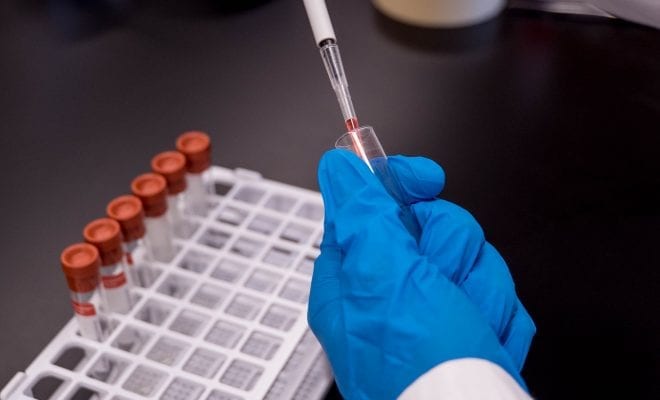
News
Leading Experts Optimistic for a HIV Vaccine by 2021
Following the culmination of World AIDS Day, researchers are pushing forward against this virus with important advances in the development of three experimental HIV vaccines. They are now entering the final stages of testing at research sites around the globe, and experts are hopeful for an available vaccine by 2021.
The three vaccines, known as HVTN 702, Imbokodo, and Mosaico, could fail during the final stage of testing, but experts have expressed more hope than ever for their success. Dr. Susan Buchinder, director of the Bridge HIV research program at the San Francisco Department of Public Health and a chair of both the Imbokodo and Mosaico trials, has called the vaccines “perhaps one of the most optimistic moments we have been in.”
HVTN 702 is the oldest ongoing HIV vaccine trial which was launched after the failure of a previous version of the vaccine. The vaccine is being tested in parts of South Africa, while clinical results of the testing are expected to be available by late 2020 or early 2021.
The Imbokodo trial is being tested on thousands of women in the sub-Saharan regions of Africa, where the infection rate reaches higher than 50% in the 18-25 demographic. This vaccine utilizes a different way of protecting the body from the virus with the use of “mosaic” immunogens. The third trial, Mosaico, is similar to Imbokodo, and will be undergoing clinical trials at 57 sites in the United States, Latin America, and Europe.
Buchunder told NBC News “None of these vaccines is a particularly simple regimen, so it’s going to require quite a bit of effort to deploy.” Nonetheless, the initial data collected from the studies have sparked a fair bit of optimism from researchers. If these vaccines were proven to be effective, it would allow for further research into a simpler vaccine regimen for the future.
The White House recently announced the Ending the HIV Epidemic Plan, which aims to lower new infections by 75% in five years and by 90% in 10 years. If one of these vaccines ends up working, that plan could reach fruition much sooner.



0 comments